Analysts said the inflation reading was in line with market expectations.


Karachi: Pakistan's inflation rate rose to 31.4% year-on-year in September from 27.4% in August, statistics bureau data showed on Monday, as the nation reels from high fuel and energy prices.
The country is embarking on a tricky path to economic recovery under a caretaker government after a $3 billion loan programme approved by the International Monetary Fund in July averted a sovereign debt default, but with conditions that complicated efforts to rein in inflation.
On a month-on-month basis, inflation climbed 2% in September, compared to an increase of 1.7% in August
Reforms required by the IMF bailout, including an easing of import restrictions and a demand that subsidies be removed, have already fuelled annual inflation, which rose to a record 38.0% in May.
Interest rates have also risen to their highest at 22%, and the rupee hit all-time lows in August before recovering in September to become the best performing currency following a clampdown by authorities on unregulated FX trade.
In its monthly report on Friday, the ministry of finance stated that it expected inflation to stay high in the upcoming month, averaging about 29-31% as a result of an increase in electricity tariffs and a significant rise in fuel prices.
The report added that inflation was, however, expected to ease, especially from the second half of the current fiscal year that starts on Jan. 1.
On Saturday Pakistan cut petrol and diesel prices from a record high, after two consecutive hikes. The finance ministry cited international prices of petroleum products and the improvement in the exchange rate, following the clampdown on unregulated FX trade.
Inflation has been elevated, hovering in double digits, since November 2021. The South Asian country targeted inflation at 21% for the current fiscal year, but it averaged 29% during the first quarter.
Worsening economic conditions, along with rising political tensions in the run-up to a national election scheduled for November, triggered sporadic protests in September, with many Pakistanis saying they are struggling to make ends meet.
Analysts said the inflation reading was in line with market expectations.
Tahir Abbas, head of research at Arif Habib Limited, a Karachi-based investment company, said inflation appeared to have peaked for the current fiscal year and would subsequently recede.
"The higher reading is mainly due to the low base effect which was also mentioned in the last monetary policy statement. Going forward, in the next few months, we expect inflation to ease to around 26-27%," said Fahad Rauf, head of research at Ismail Iqbal Securities, a Karachi-based brokerage firm.
Rauf said higher inflation statistics should not impact monetary policy.
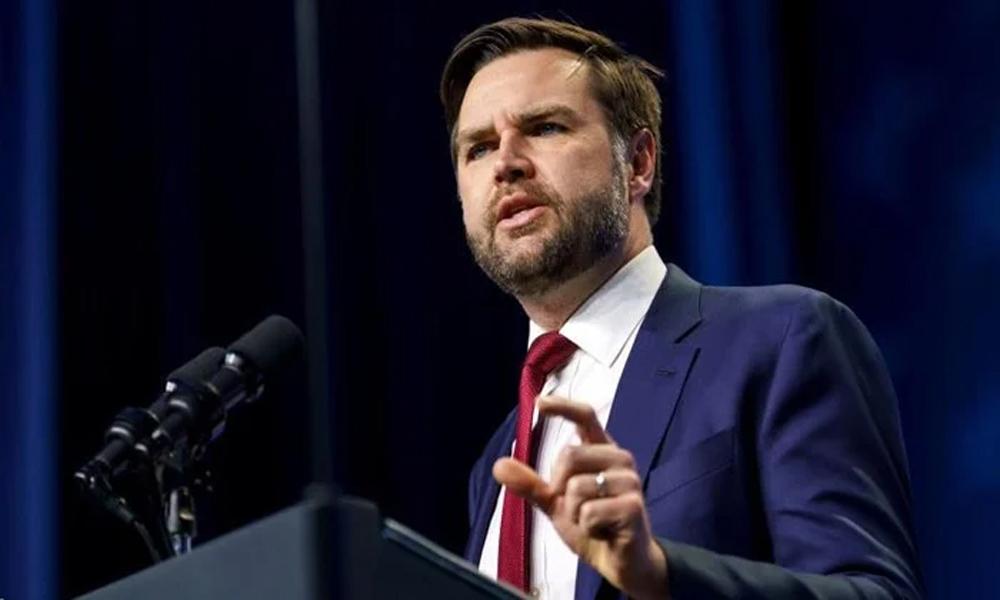
US not to intervene in Pakistan-India war
- an hour ago

Mobley, Hunter TBD for Game 2; 'real concern'
- 4 hours ago

The real problem with vaping
- 3 hours ago
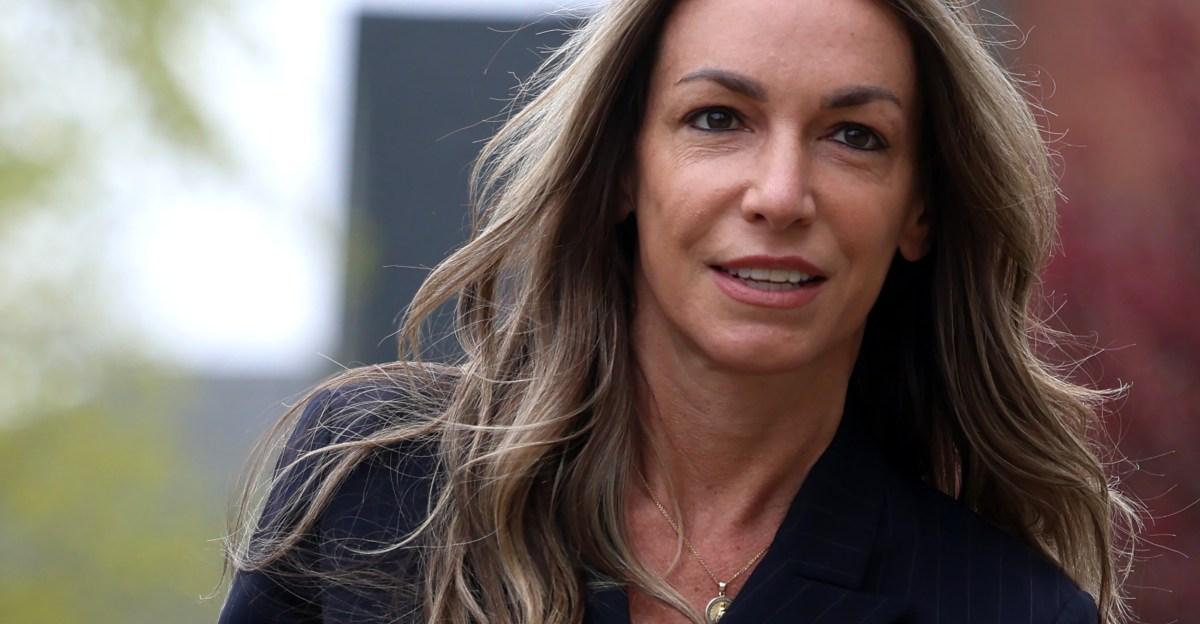
Why the Karen Read retrial might end differently this time
- 3 hours ago
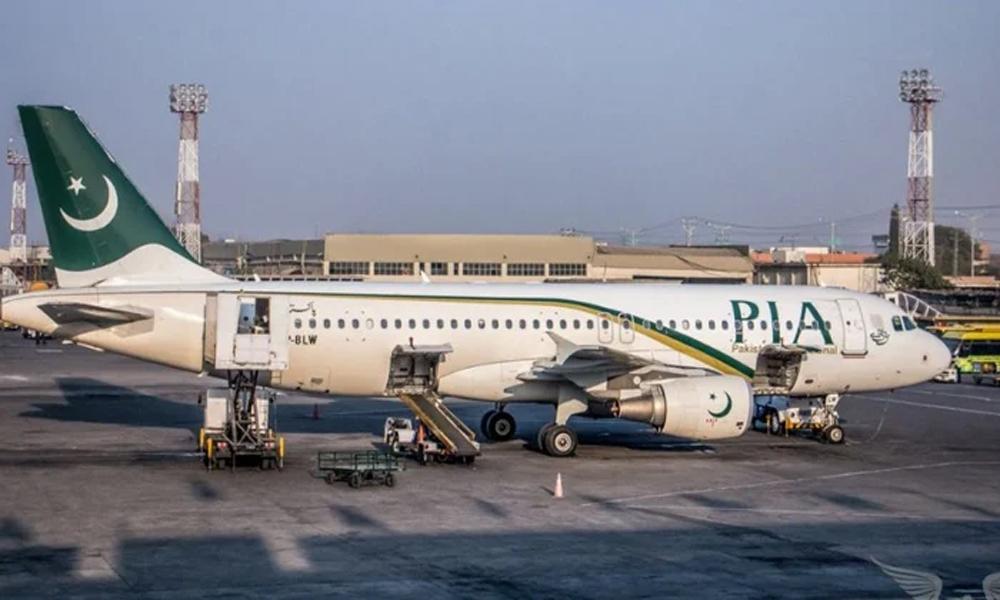
Flight operations at Jinnah Int’l Airport resumes
- an hour ago
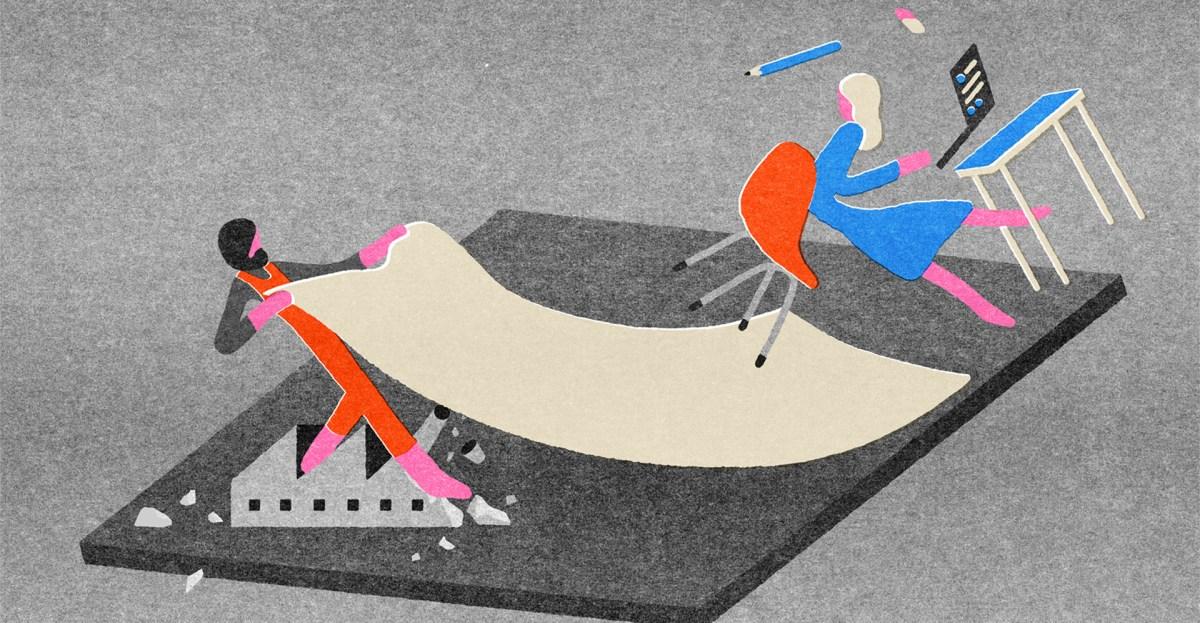
Why are men so much more right-wing than women now?
- 3 hours ago
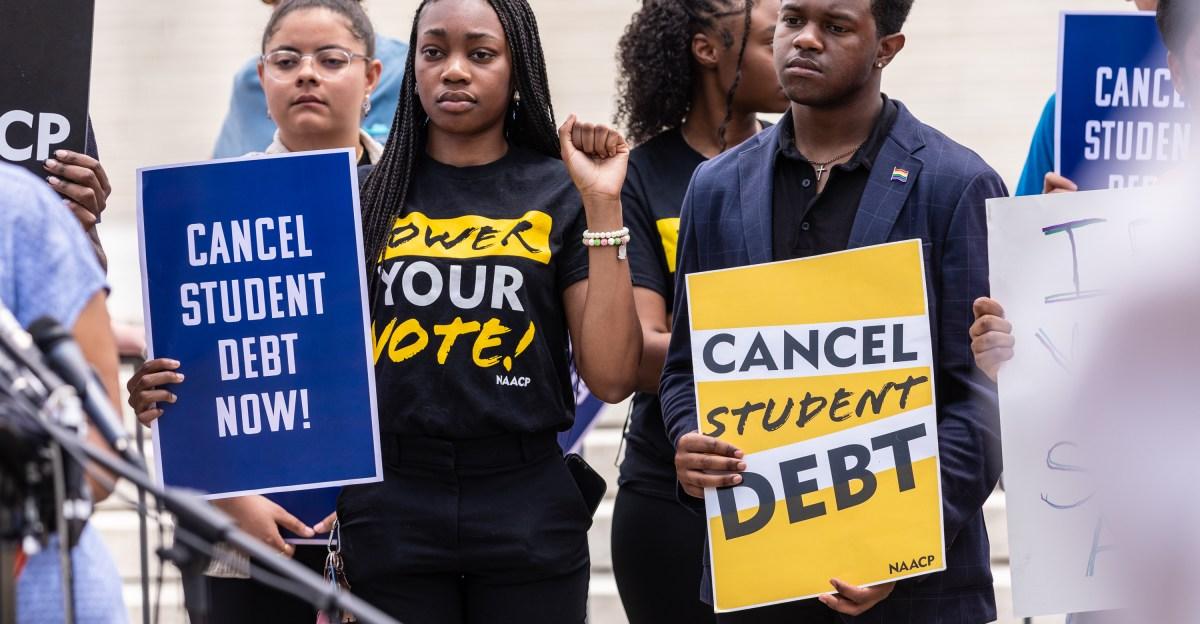
Trump’s new plan for student loans, briefly explained
- 3 hours ago

Stanley Cup playoffs daily: Round 2 begins with Maple Leafs-Panthers Game 1
- 4 hours ago
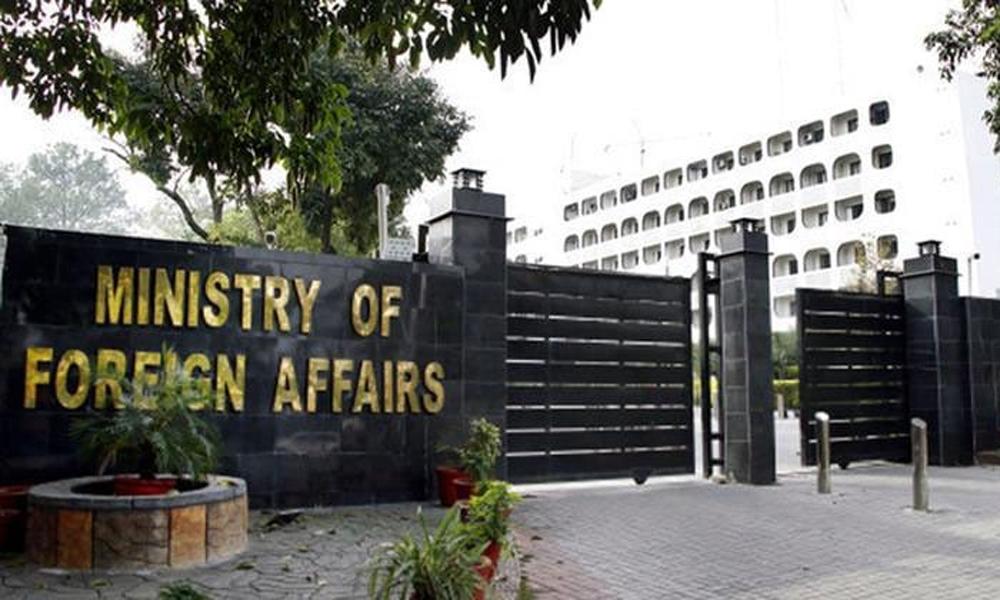
Pakistan rejects Indian media's allegations, propaganda
- an hour ago
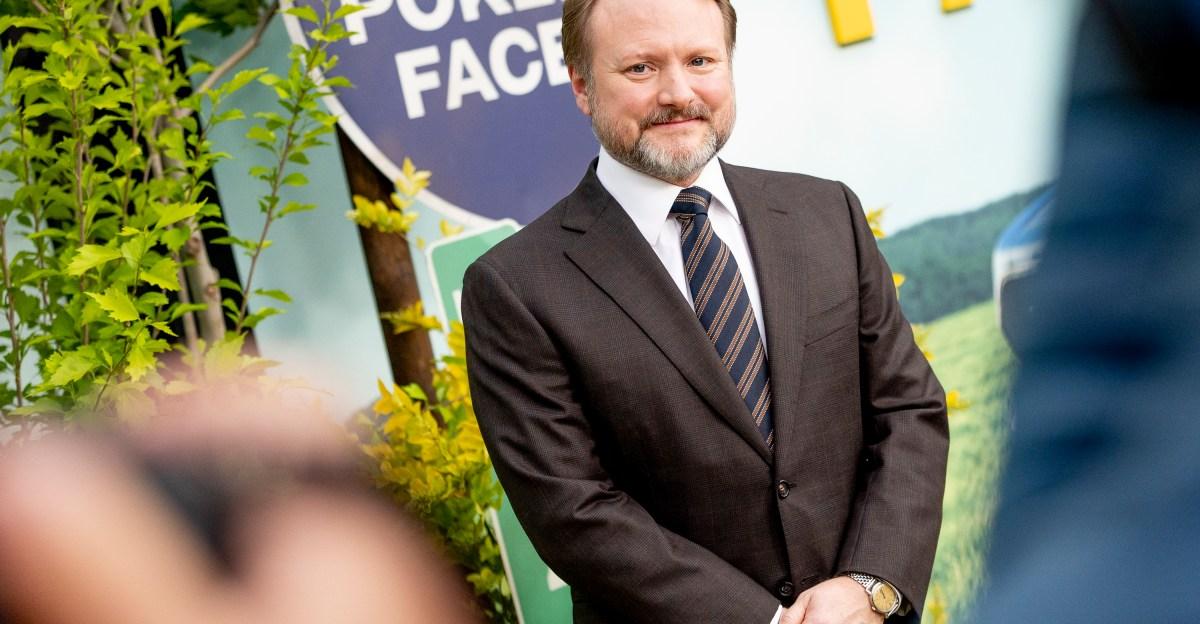
Poker Face’s formula wasn’t broke, so Rian Johnson didn’t want to change it
- 5 hours ago
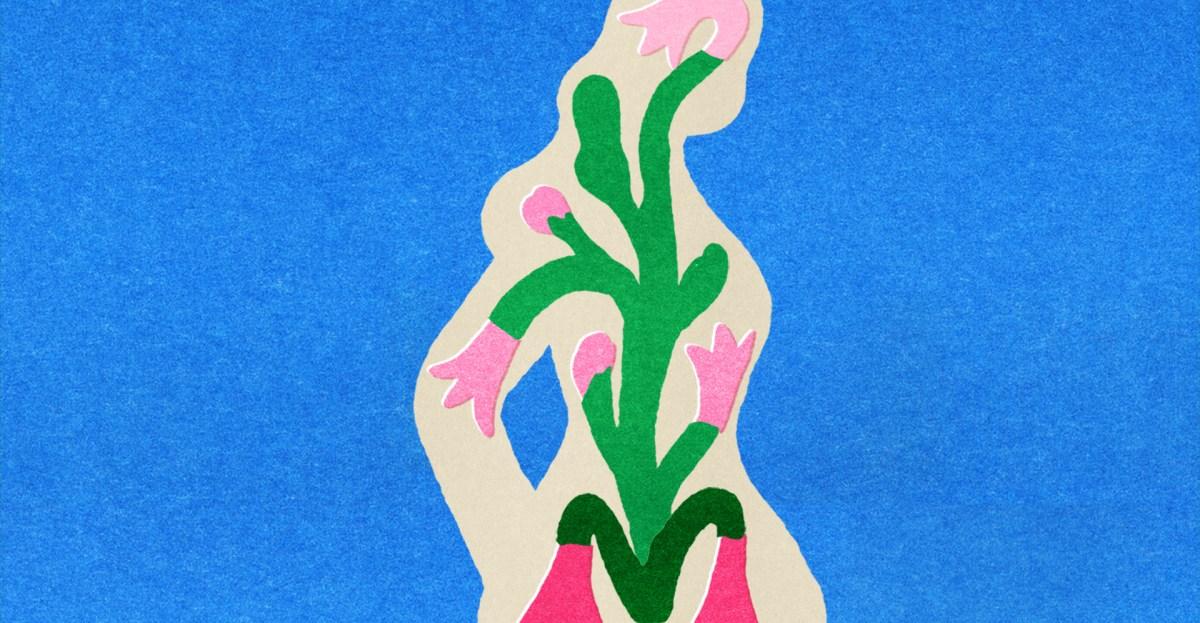
Welcome to the May issue of The Highlight
- 3 hours ago

Pak-India tensions: Remaining matches of PSL 10 to be played abroad
- an hour ago














